Pope Francis erects Diocese of Alto Molócuè in Mozambique, appoints its pioneer Bishop
Why is it so difficult for the media to denounce corruption in Mozambique? – report
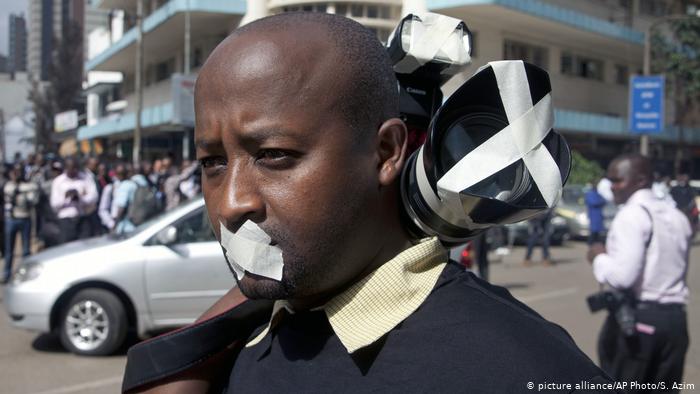
FILE: For illustration purposes only. [File photo: DW]
A newly released book closes in on characteristics of the Mozambican press which prevent journalists having the strength to denounce cases of corruption. They are mere “multipliers of the speeches of other entities”, a researcher says.
Difficulty of access to information sources, censorship and self-censorship are some of the main obstacles to covering issues related to corruption in Mozambique, but these are not the only difficulties faced by the media.
The president of the Centre for Interdisciplinary Communication Studies and executive director of MISA-Mozambique, Ernesto Nhanale, has analysed the relationship between Mozambican media and allegations of corruption in the country. The resulting book, “Media coverage of corruption in Mozambique: A counterbalance shaken?”, was released in Maputo on Wednesday (26-02).
Nhanale considers that there is legal sanction for the exercise of the profession [of journalism], but there are “acts of coercion against the freedoms of the press” when corruption is the subject of the reporting.
“Unfortunately, we are witnessing cases of violence against journalists, plus cases of direct censorship and even self-censorship,” he says.
The invisible gag
One of the biggest challenges for Mozambican journalists is self-censorship. The phenomenon is still little perceived by the public, but it represents one of the most difficult shackles to break when it comes to denouncing corruption.
Nhanale explains that self-censorship results from journalists’ dependence on sources of information. The researcher notes that people in positions of power in Mozambique are able to trigger mechanisms that deter journalists from publishing certain stories.
“A profession which does not offer a certain degree of stability to its professionals is vulnerable. Another element has to do with security,” he explains.
According to Nhanale, there is no internal media agenda for investigative reporting. Coupled with the fact that there are few sources, the mastery exerted by sources over newsrooms and the fragility in the process of obtaining information are daily obstacles to journalists in Mozambique, the author says.
“When dealing with this type of material, there is always a closure. It is important to create conditions for the government to be monitored,” Nhanale says.
Repeaters of denunciations
Nhanale admits that most corruption cases tried recently result from denunciations made by the press, especially the independent press, but he believes that more could be done.
Nhanale says that, when reporting on corruption, “the media do it not because of their ability to define corruption as a subject of interest and one which should be investigated, but as spaces for advertising the speeches and the results of research carried out by other entities”.
ALSO READ: The Mystery of Maxixe’s Abandoned Mayoral Mansion – Watch
Some voices have advocated for the creation of an Information Ministry, but Nhanale would prefer more independence on the part of the media.
“Each body has to define its agenda through the rules of professionalism and the responsibility of media in relation to society. Nobody can go in and say what a certain media body can or cannot not publish,” he says.



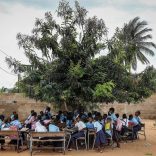





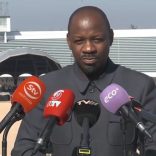
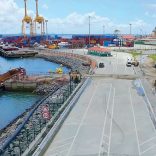
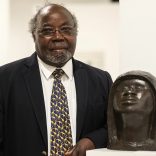
Leave a Reply
Be the First to Comment!
You must be logged in to post a comment.
You must be logged in to post a comment.